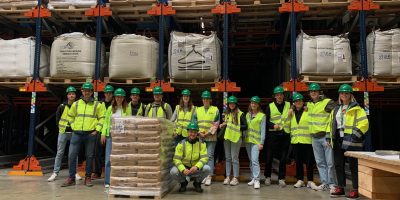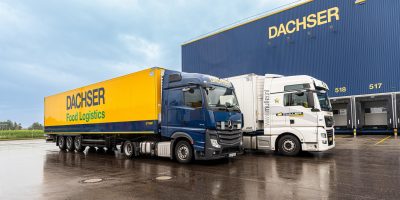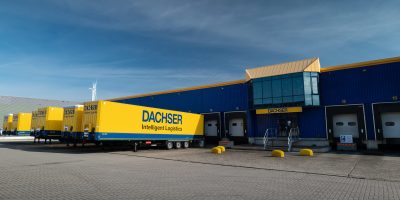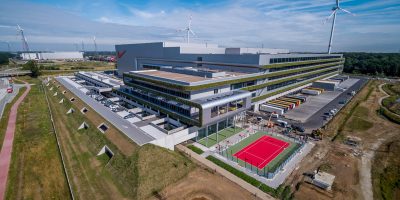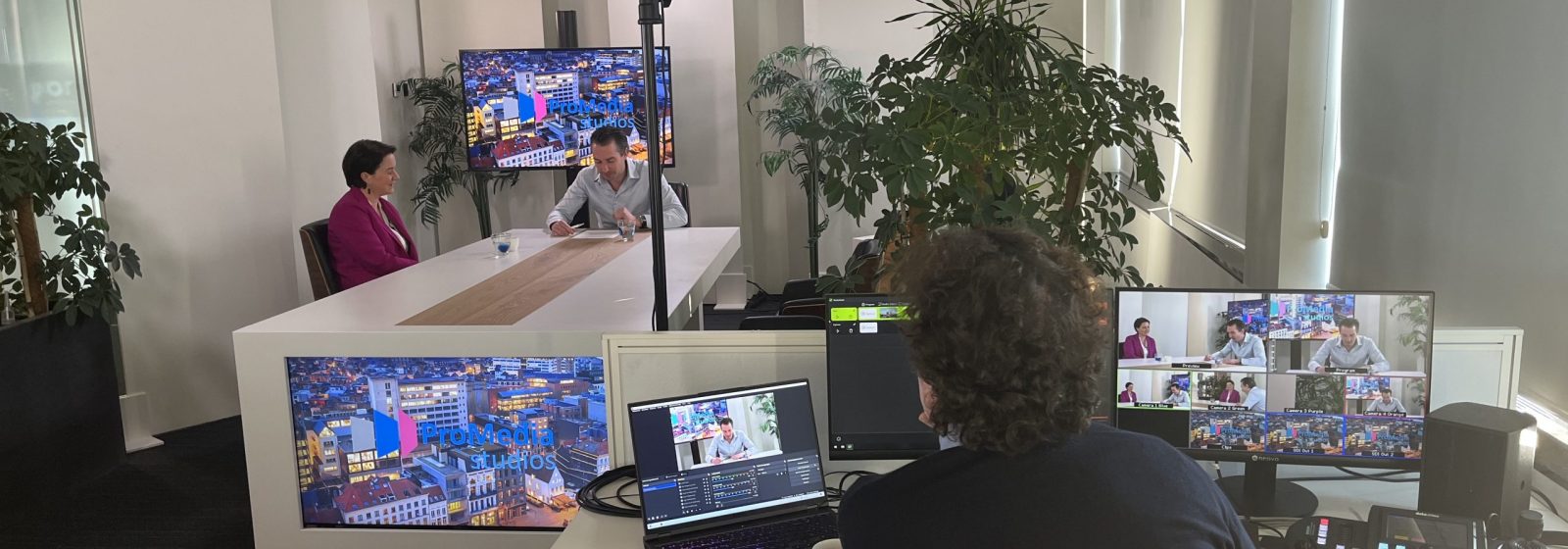
In the Flows magazine on training and careers, we talked to some tenors of various educational institutions. Today, we let Katleen De Naeyer (KdG) talk about cooperation with companies and getting young people excited about logistics. Also seen on video.
How does education match its offer to the needs of companies? What skills do they want to give students? And how do they convince young people for a job in logistics? These are just some of the questions we put toKatleen De Naeyer. She has been head of Supply Chain Management at Karel de Grote Hogeschool (KdG) since December 2021, where she took over the torch from Inge Heirbaut. De Naeyer has a background with several large logistics companies such as PSA, Manuchar and Tabaknatie.
How do you tailor training to the needs of companies?
Katleen De Naeyer (KDN): “We maintain very good contacts with the business world. We train our students to become professional bachelors, so the intention is that they will find their way in that world after three years. So it is very important that we keep our finger on the pulse of the companies so we know what is going on there.””There are also a number of sector associations that we work closely with. We also do a lot of company visits and have numerous students doing internships with companies.”
“From the business sector, we often ask for guest speakers and some lecturers also come from the business world. I tell no secrets when I say that almost every profession in logistics is a bottleneck profession, so companies also have every interest in attending us. As a rule, our students have jobs even before they graduate.”
How do you get young people excited about studying logistics?
KDN: “In terms of remuneration, a lot of progress has been made. Especially 10 to 20 years ago, the differences were very big, but today you see a supply chain manager sitting at the table with you where decisions are made. If the supply chain is not running, then the company is not running either. The importance of logistics for production processes has now become clear to everyone and with that, the recognition for those professions has also increased.”
“The sector could still come out a bit more with all the positive initiatives around sustainability, for example. You often hear negative things about, say, the chemical industry, while that sector is just working on solutions. I am a great believer in change from within. You also see this at many logistics companies where research is being done into other modes of transport and alternative fuels such as hydrogen and ammonia.”
What qualities do you want to impart to young people?
KDN: “Interviews with students showed that the term supply chain does not mean much to them. So it is important to get the right message to them. Thanks to my colleague Ilse Van Vlierberghe, together with ASV Next Generation, Young Forward, the Port Centre and the Port Authority, we took the initiative to organise familiarisation days for schools.”
“Supply chains are something invisible, it’s only by opening them up that you can see their magic. It gives an intro into a lot of different sectors and from there you can find your own way into a company. There are so many different opportunities, national and international, and we try to prepare students for that as best we can.”

